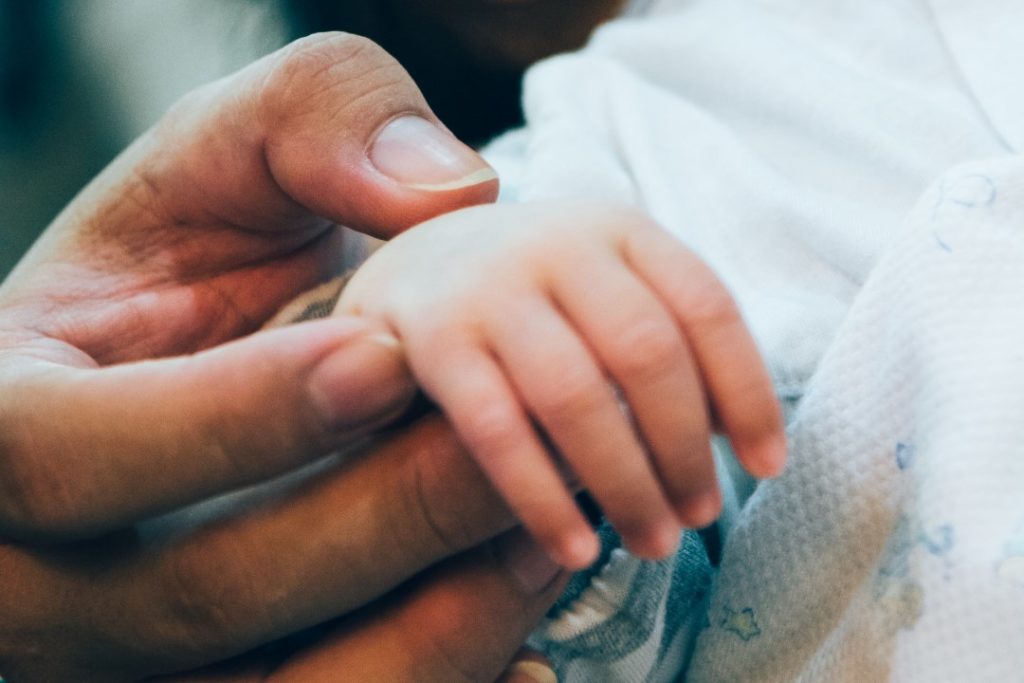 With season changes across the country, common cold cases have picked up
both among adults and children. Common cold not just impacts your work
but is also very annoying and tiring. Be aware of DOs and DONTs at home
to keep cold away from you and your loved ones. Common cold is a viral
infection of the upper respiratory tract, which primarily affects the
nose. It is understood that more than 200+ viruses can cause the common
cold, and rhinovirus is the most common among them. Some of the common
manifestations of cold are headache, runny nose, cough, high fever,
itchy eyes, sore throat, body aches, watery eyes etc. It is important to
treat a cold before it leads to other infections like asthma,
bronchitis, ear infections, pneumonia and sinusitis.
With season changes across the country, common cold cases have picked up
both among adults and children. Common cold not just impacts your work
but is also very annoying and tiring. Be aware of DOs and DONTs at home
to keep cold away from you and your loved ones. Common cold is a viral
infection of the upper respiratory tract, which primarily affects the
nose. It is understood that more than 200+ viruses can cause the common
cold, and rhinovirus is the most common among them. Some of the common
manifestations of cold are headache, runny nose, cough, high fever,
itchy eyes, sore throat, body aches, watery eyes etc. It is important to
treat a cold before it leads to other infections like asthma,
bronchitis, ear infections, pneumonia and sinusitis.Common cold is transmitted through the air borne droplets and hand-to-hand contact – when in close proximity of those affected. One can also get it by hand-to-surface contact when the affected person is not even around! Cold is more widespread in children as it is tough to control the spread via these means for them. But simple steps can really help reduce the risk to a large extent.
According to some theories, cold means getting exposed to prolonged cold weather, namely, the rainy and winter seasons. Insufficient sleep, malnutrition has been associated with greater risks for developing the cold infections. Herd immunity, old viruses still prevailing in body, can cause frequent problems of common cold.
Prevention
- Keep warm. Wear warm clothing to prevent exposure – especially during change of seasons or early in the morning and evening. People forget to keep this in mind when in hurry!
- Avoid close contact with persons having cold-symptoms. You can catch a cold virus from a sneeze if you are within 2-3 feet!
- Avoid sudden change in temperature – for example going from a cold, air-conditioned room to very hot outdoors, or sitting in front of an AC after heavy exercise, without properly cooling-down first.
- Use a tissue paper or handkerchief while sneezing. It helps reduce the spread through the air to other people.
- Wash your hands frequently – after wiping nose, diapering, before and after eating food, after using bathroom etc.
- Use your own towel instead of sharing towels.
- Keep away from smoking and second-hand smoke.
- Drink plenty of warm fluids to keep yourself hydrated. Tea and coffee help. Caffeine is a broncho-dialator that relaxes the respiratory system.
- Keep the surroundings clean. Allergies can make you more susceptible to cold viruses.
- Vitamin C and anti-oxidants build immunity. Take citrus fruits like Oranges, Mosambi, Sweet Lime, Lemons, Guava, Kinnow etc.
- When in public, be wary of touching handles, knobs, handrails etc. The virus can spread thru these commonly used objects. Avoid touching your face, nose, mouth with unclean hands. Wash your hands or use disinfectant regularly.
- Avoid cold-drinks and ice-creams. If not, then a gargle with warm-water may help a little.
- During winters one may not feel very thirsty but one should keep hydrated by drinking warm water regularly.
The above may sound simplistic but are extremely effective. Do not ignore your health until it worsens. Take necessary, timely measures seasonally and avoid unnecessary health problems. Take care!